
Post by : Vansh
In today's hyper-connected world, the concept of smart cities is rapidly transforming from a futuristic vision into a dynamic reality. Driven by rapid advancements in technology, smart cities are fundamentally changing the way we live, work, and interact with our environments. From intelligent traffic systems to energy-efficient infrastructure and AI-powered public services, urban life is being reshaped by digital innovation at every level.
At its core, a smart city integrates information and communication technologies (ICT) to enhance the quality and performance of urban services. The goal is to reduce resource consumption, minimize environmental impact, and improve overall efficiency. Cities like Singapore, Dubai, Amsterdam, and Barcelona have emerged as global leaders in implementing these systems, showcasing how modern tech solutions can elevate the urban experience.
Smart cities rely heavily on data collection through sensors, IoT devices, and cloud platforms. This collected data is then analyzed and used for real-time decision-making, helping to streamline public transportation, monitor pollution levels, and manage waste more effectively.
One of the most prominent applications of technology in smart cities is in urban mobility. Traditional transportation networks are being revamped through the use of artificial intelligence (AI), big data, and real-time tracking systems. Smart traffic lights, for instance, can adapt based on congestion levels, thereby reducing traffic jams and lowering emissions.
Moreover, ride-sharing apps and electric vehicle (EV) infrastructure are growing in popularity, encouraging a shift toward more sustainable commuting options. Cities are also experimenting with autonomous vehicles and drones for deliveries, showing how technology can create seamless, efficient urban travel experiences.
Another critical aspect of smart cities is energy management. Buildings, streetlights, and utilities are increasingly being fitted with sensors that monitor and control energy consumption. For example, LED streetlights with motion sensors dim when no one is around, significantly cutting electricity usage.
Renewable energy sources like solar and wind are being integrated into smart grids, allowing for real-time energy distribution and optimization. Additionally, waste management has become smarter—smart bins alert sanitation departments when they’re full, reducing unnecessary trips and saving fuel.
This marriage between technology and urban planning contributes significantly to lowering a city’s carbon footprint, helping achieve global sustainability goals.
Technology is also transforming public safety in smart cities. Surveillance cameras, facial recognition, and AI-powered monitoring systems enable faster emergency responses and crime prevention. Smart fire detection systems in high-rise buildings alert firefighters before a situation escalates.
In the realm of public health, especially post-pandemic, digital tools are being employed to track virus outbreaks, distribute vaccines, and maintain hygiene standards in public spaces. Telemedicine and mobile healthcare units powered by AI are reaching underserved areas, ensuring better healthcare access for all.
The information presented in this article is for general informational purposes only. While every effort has been made to ensure accuracy, readers are advised to conduct their own research or consult professionals before making any decisions based on the content. The views expressed do not necessarily reflect those of MiddleEastBulletin, which bears no responsibility for any outcomes resulting from the use of this information.

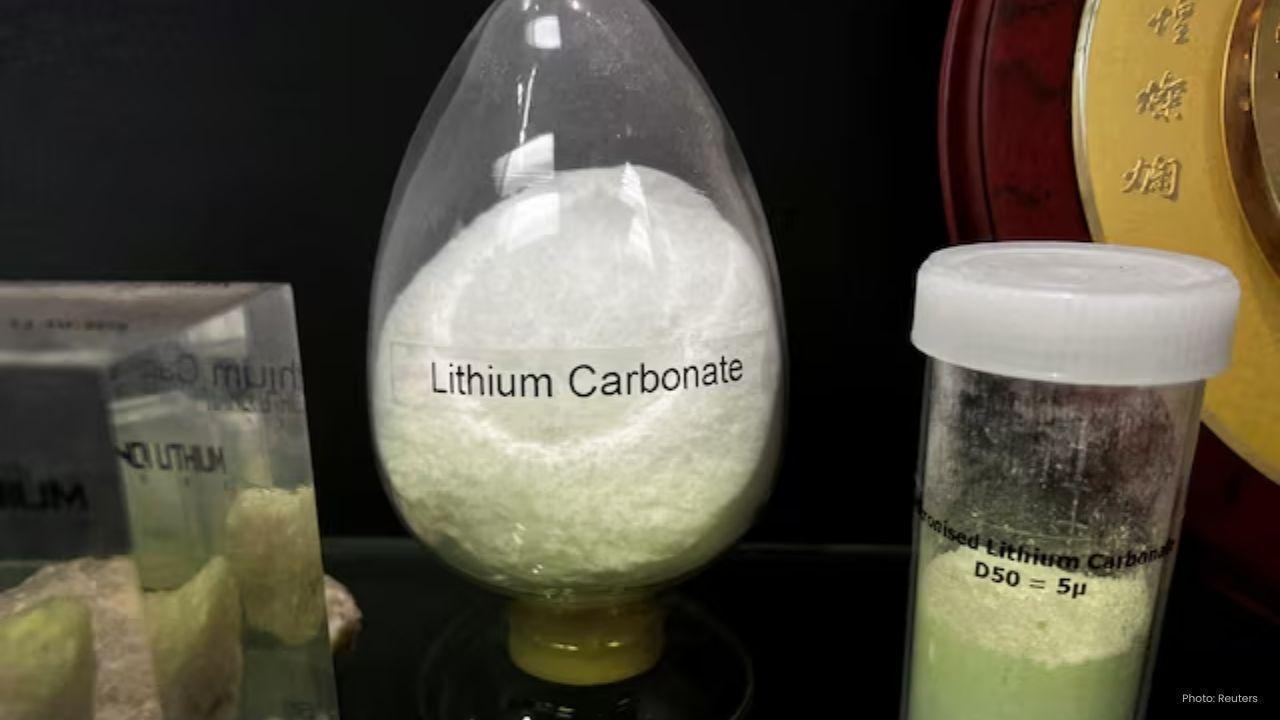

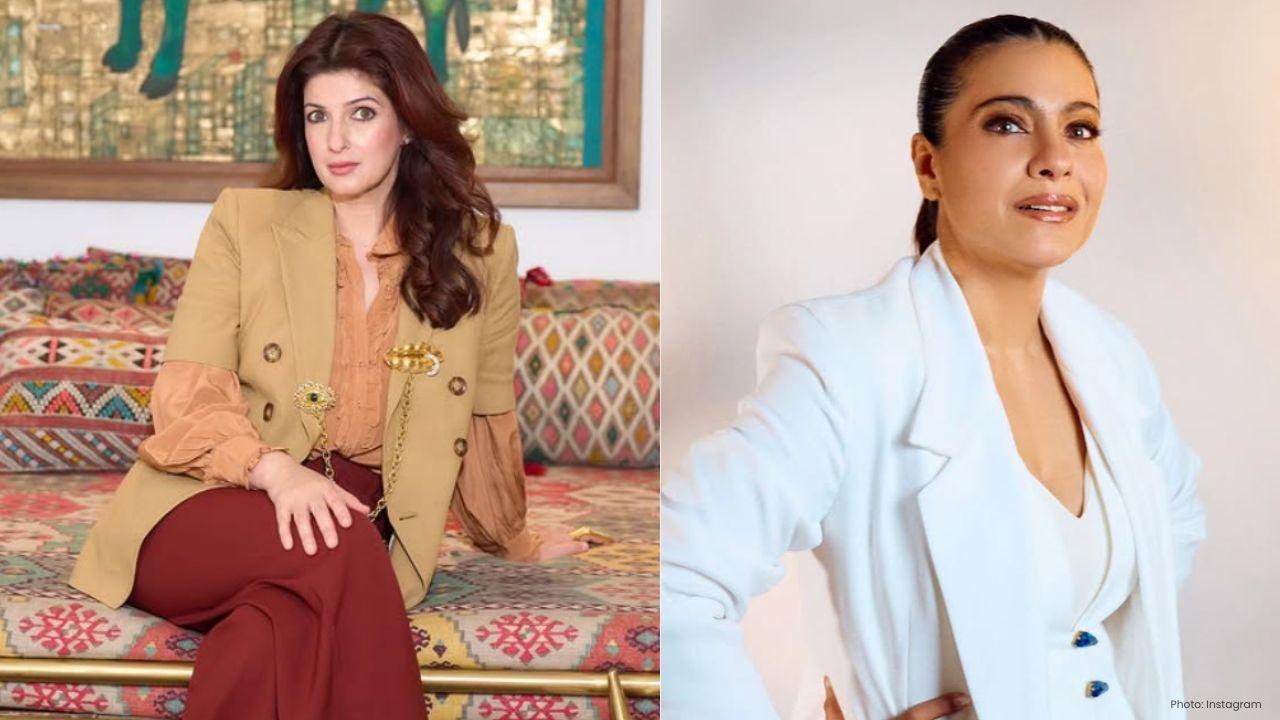

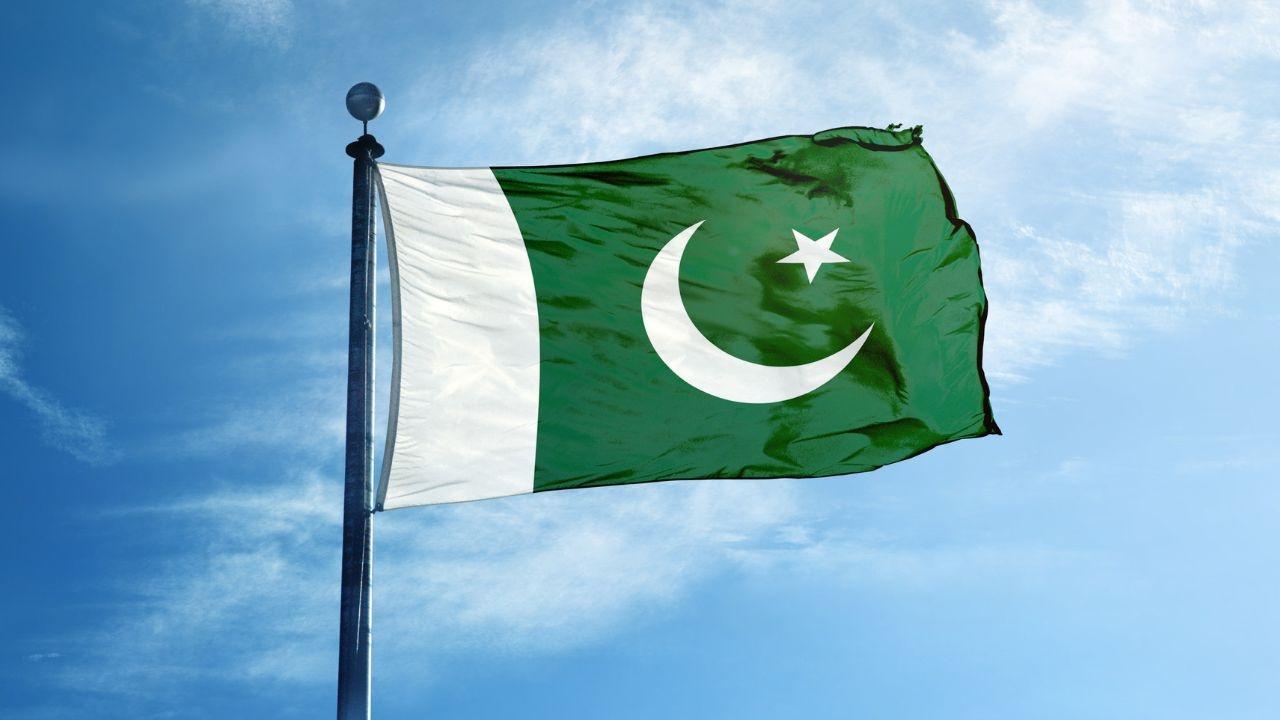
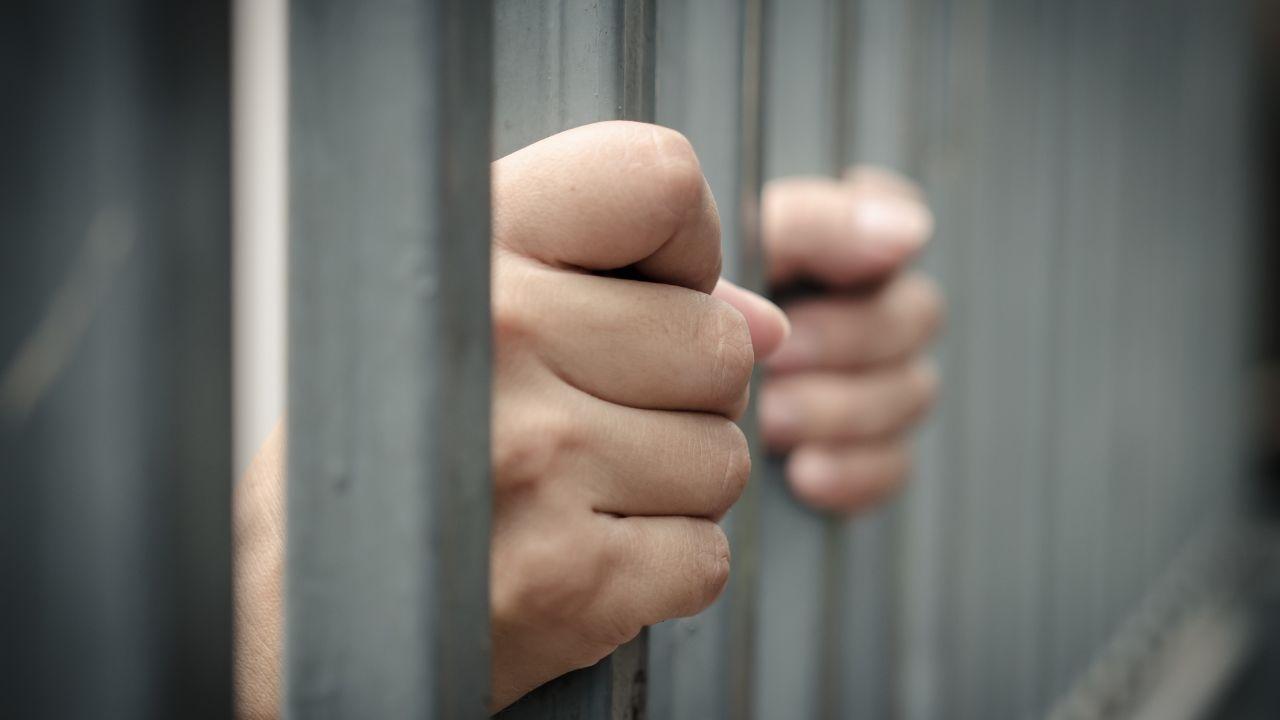
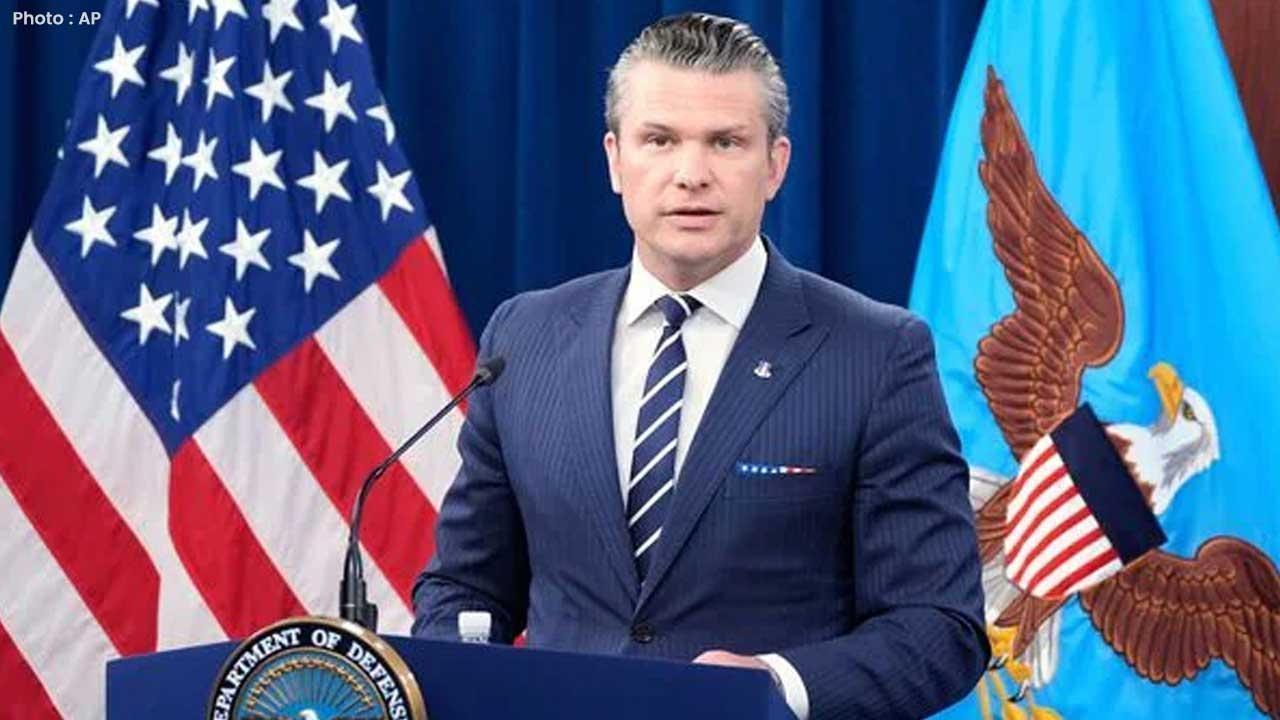


Pageau's Overtime Goal Propels Islanders to 4-3 Victory Over Golden Knights
In a thrilling overtime finish, Jean-Gabriel Pageau leads the Islanders past the Golden Knights 4-3,

MLB Awards: deGrom and Acuna Jr. Shine as Comeback Players
Jacob deGrom and Ronald Acuna Jr. celebrated MLB Comeback Player Awards, alongside Ohtani and Judge

Portugal Confronts Ireland in Pivotal World Cup Qualifier
Portugal, led by Cristiano Ronaldo, faces Ireland in a vital Group F World Cup qualifier that could

Haaland's Brilliance Leads Norway to 4-1 Victory Against Estonia
Erling Haaland showcases leadership as Norway crushes Estonia 4-1, boosting their World Cup ambition

Hawks Triumph Over Jazz; Suns and Raptors Secure Victories
Hawks' Onyeka Okongwu and Jalen Johnson lead in a thrilling win against Jazz; Suns and Raptors also

Indian Men's Recurve Team Clinches First Asian Gold in Nearly Two Decades
The Indian men's recurve team triumphed over South Korea, securing their first Asian gold in 18 year